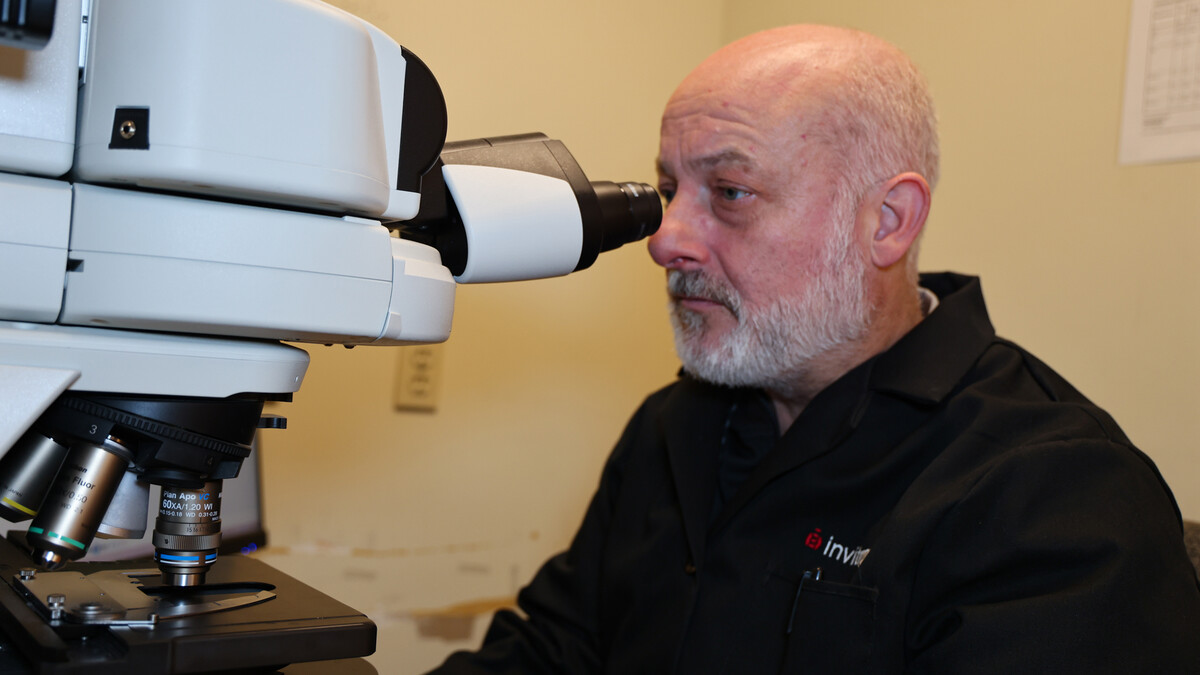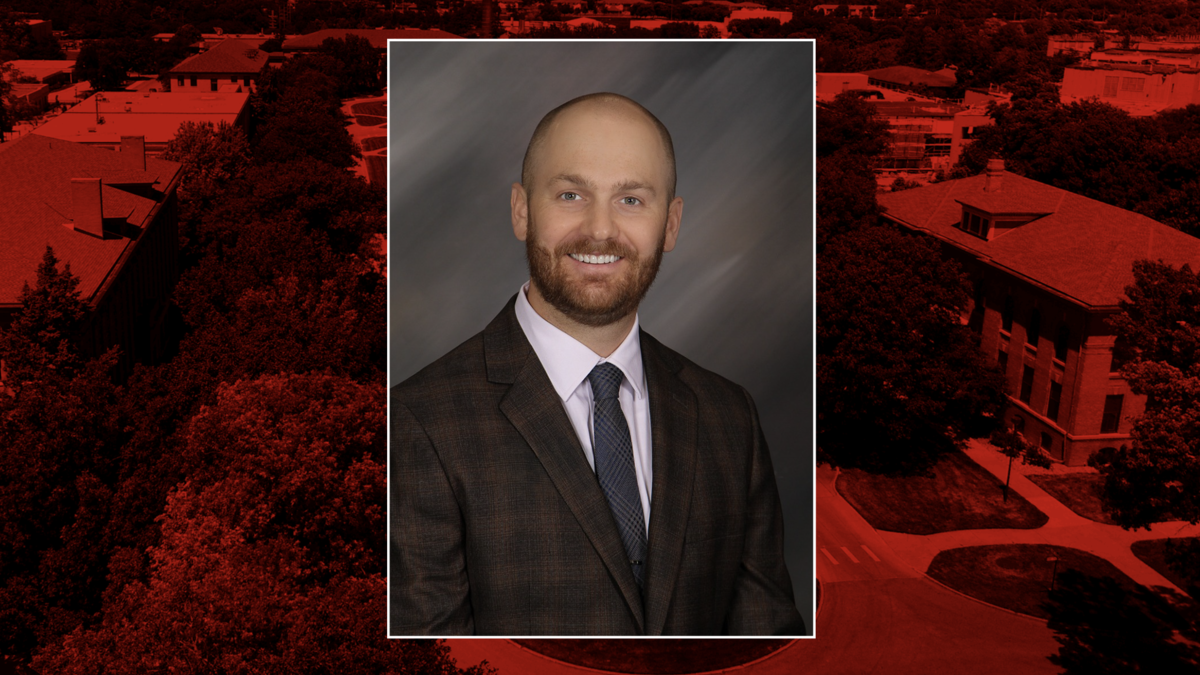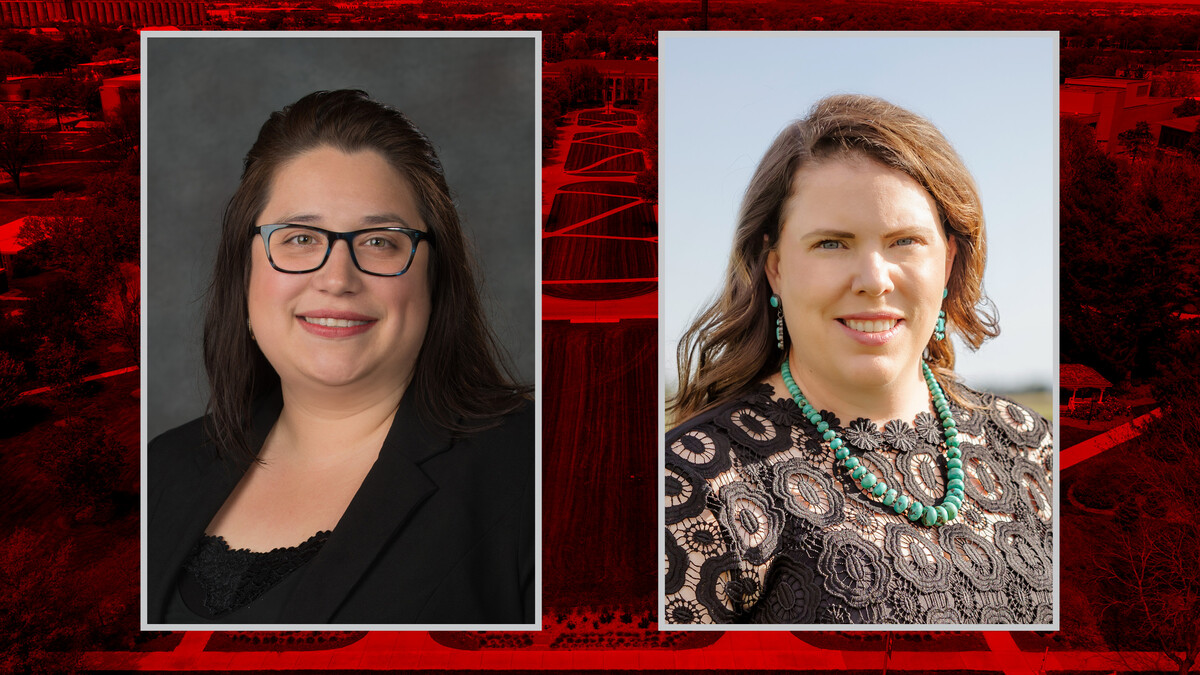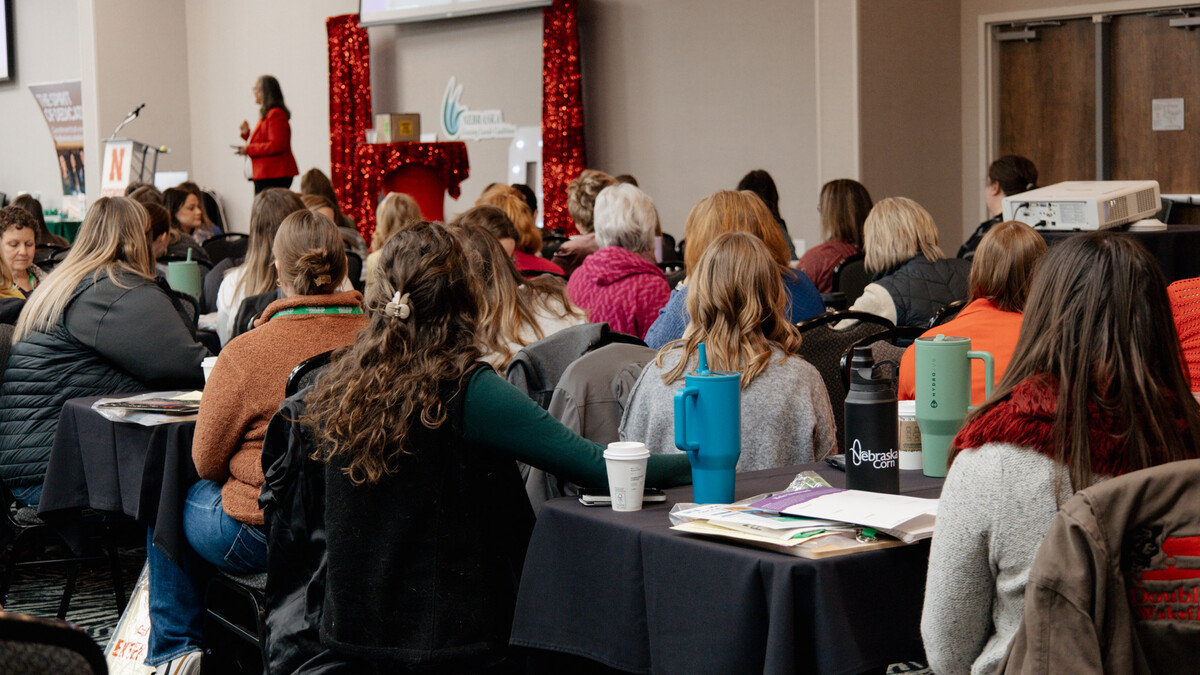Lincoln, Neb. —Remarks and visuals by Platte Basin Timelapse will be one of the keynote presentations for the 2023 conference of the North American Invasive Species Management Association in Lincoln. The event will be held Oct. 16-19 at the Lincoln Marriott Cornhusker Hotel.
The Nebraska Invasive Species Council, which includes several faculty from the University of Nebraska–Lincoln, will cohost the event. Several members of the Nebraska council served on the planning committee for the 2023 conference.
Public- and private-sector professionals in fields such as ecology, agriculture and land management will gather for the conference, which will feature more than 50 sessions and workshops. Topics will include monitoring and detection; containment strategies; community outreach; legislation; and institutional collaborations.
In Nebraska, invasive plants receiving priority attention include eastern red cedar, St. John’s Wort and sickleweed. Zebra mussels receive keen attention in containment efforts of invasive aquatic species.
Dakota Altman and Ethan Freese will make the Oct. 19 conference presentation by Platte Basin Timelapse. PBT, affiliated with UNL’s School of Natural Resources, is a conservation storytelling project that aims to educate people about water, wildlife and conservation stories within the Platte Basin. PBT has a network of more than 60 timelapse cameras across the Platte River’s 90,000 square-mile basin.
In addition to the sessions and workshops, conference attendees will have the option for field trips to study detection and containment approaches. Nebraska locales include the Platte River and Spring Creek Prairie Audubon Center near Denton, and Arbor Day Lodge in Nebraska City.
“Plants, animals, insects and pathogens that are introduced into our environment in native ecosystems or urban landscapes can, and have become, dangerously invasive,” notes Kim Todd, a professor in UNL's Department of Agronomy and Horticulture and an Extension landscape specialist. It's important to boost public awareness of those potential threats and the needed proactive steps for prevention and containment, she says.
The best vehicle for that educational task is "a strong, collaborative effort between people passionate about sustainable practices who can provide the research, education, funding and physical methods needed to manage invasive species," says Todd, who is a member of the Nebraska Invasive Species Council.
On Oct. 17, Patty Baiao, director of Partnerships at Island Conservation, will present a keynote address on work to address invasive species concerns on islands worldwide. On Oct. 18, Jeanette Davis, a marine microbiologist who served as the invasive species coordinator for the National Oceanic and Atmospheric Administration, will present ideas on building community efforts in invasive species management.
The Nebraska Invasive Species Council, bringing together a wide range of Nebraska organizations, was formed in 2012 through a state statute. The council’s duties are to coordinate containment strategies; promote relevant research; and pursue outreach to the public and stakeholders.







